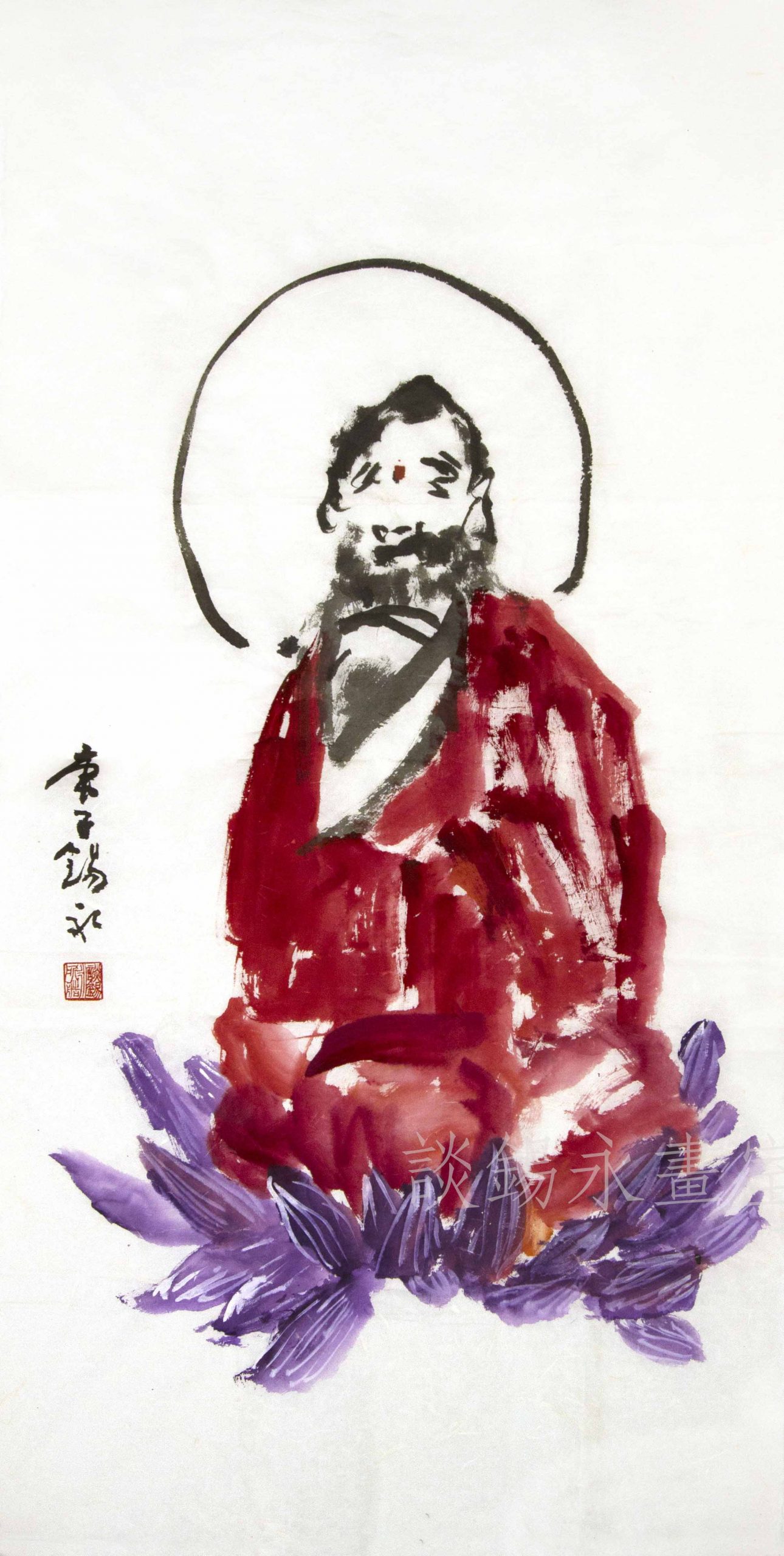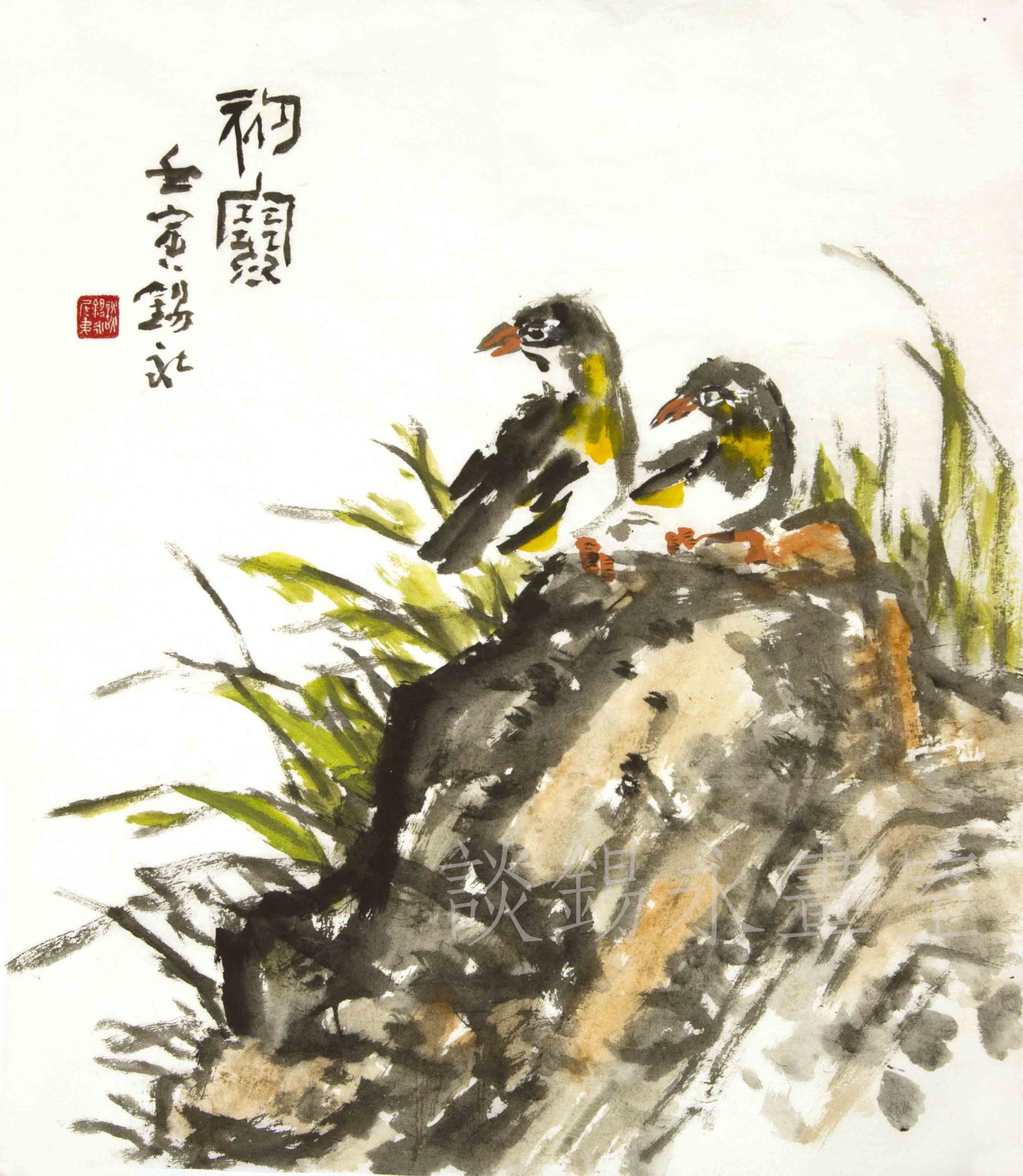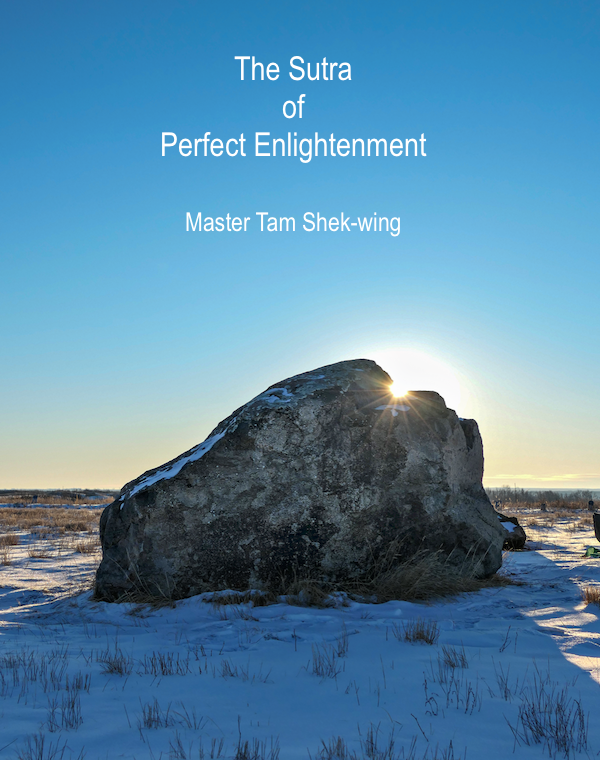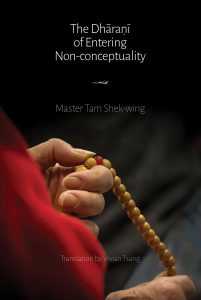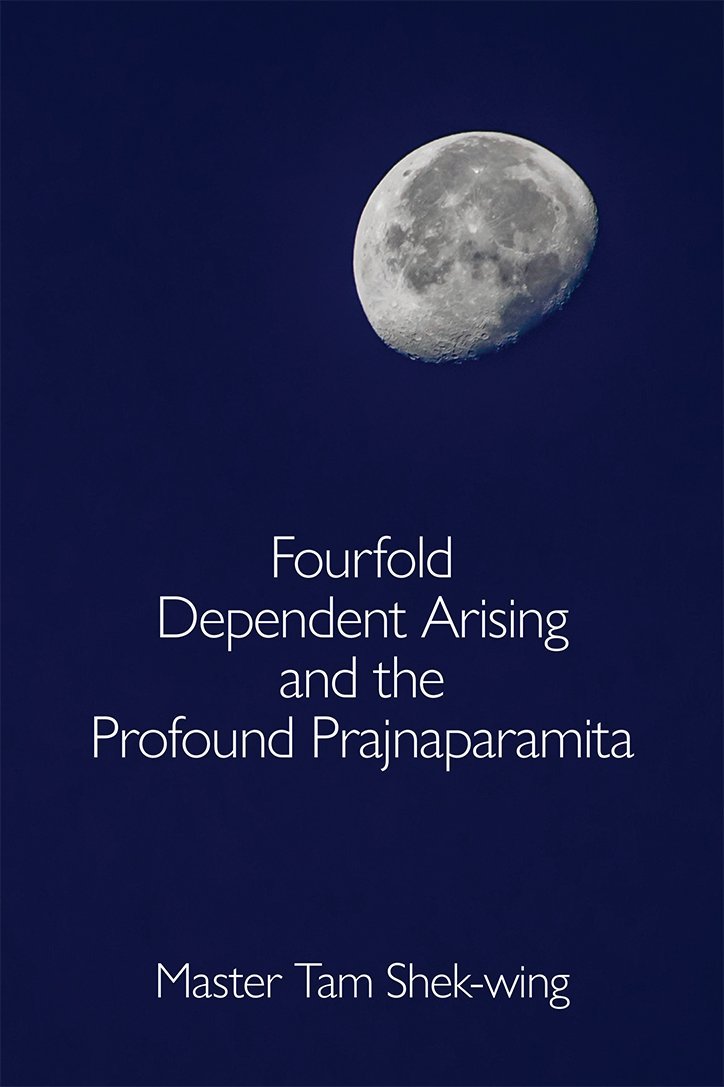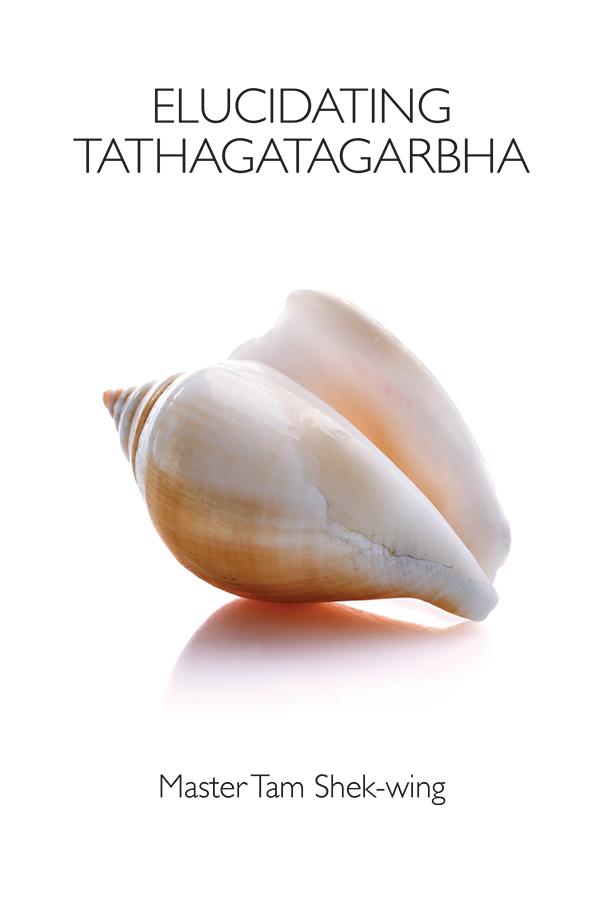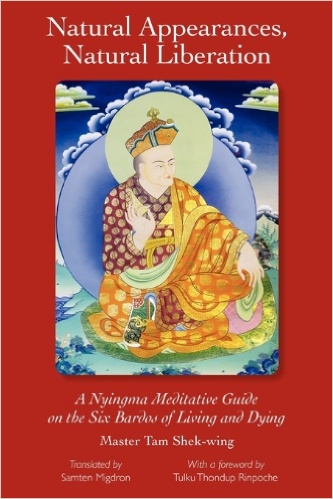Perfect Enlightenment 21: Majestic Virtue Unhindered: All Roads Lead to Rome
Translator’s note:
In the previous columns (18, 19, 20), bodhisattva Pure Wisdom asked if there were any differences in the realization by sentient beings, bodhisattvas, and buddhas. While the realization is oneness, Buddha illustrated the stages of practice in spite of Pure Wisdom’s casting it in terms of “differences in realization.” In this column, we will come to the key to the sutra where Buddha will begin to illustrate the meditation practices of śamatha, samāpatti and dhyāna.
As usual, click here for the table of contents to revisit the dialogue between Buddha and previous bodhisattvas.
Show scripture (Chinese). 於是威德自在菩薩在大眾中即從座起,頂禮佛足右遶三匝,長跪叉手而白佛言:「大悲世尊!廣為我等分別如是隨順覺性,令諸菩薩覺心光明承佛圓音,不因修習而得善利。世尊!譬如大城外有四門,隨方來者非止一路,一切菩薩莊嚴佛國及成菩提非一方便。唯願世尊!廣為我等宣說一切方便漸次,并修行人總有幾種?令此會菩薩及末世眾生求大乘者,速得開悟,遊戲如來大寂滅海。」作是語已五體投地,如是三請終而復始。 Show scripture (English). Then the bodhisattva Majestic Virtue Unhindered arose from his seat in the great assembly. He bowed to the feet of the Buddha and circumambulated him three times to the right. He then knelt down with his hands clasped and addressed the Buddha saying: “Greatly Compassionate World Honoured One, you have analyzed for us at length this accordance with the enlightened nature, causing the enlightened minds of the bodhisattvas to effloresce and receive the Buddha’s Perfect Voice, and causing them to receive excellent benefit which is not caused by religious practice. World Honoured One, it is like a great city which has four gates on its exterior—those who come from various directions are not limited to one path. Similarly, all bodhisattvas who adorn Buddha-lands and who perfect enlightened wisdom are not limited to a single expedient method. World Honoured One, my only wish is that you explain in detail for us the gradations of all the expedient methods. In general, how many kinds of religious practitioners are there? Please allow the bodhisattvas and sentient beings of the degenerate age who are seeking the great vehicle to quickly attain awakening and to sport about in the Tathāgata’s great ocean of cessation-extinction.” Saying this, he prostrated to the ground. He asked this question three times in succession. The seventh bodhisattva who asked questions was Majestic Virtue Unhindered. In terms of the practice though, he was the sixth bodhisattva. We have touched on the subject on the stages of practice (“expedient means”) previously with Pure Wisdom (columns 18, 19, 20). Now Majestic Virtue Unhindered went directly into the specifics. For bodhisattvas who intend to enter perfect enlightenment, what practices can lead one to this goal? Here, Majestic Virtue Unhindered used an analogy: World Honoured One, it is like a great city which has four gates on its exterior—those who come from various directions are not limited to one path. This analogy is like the idiom “all roads lead to Rome.” Every road is an expedient means towards Rome. How does one become familiar with these roads? How do these roads lead to Rome? They are in essence what Majestic Virtue Unhindered asked. Meditation practices as a game... click to show more. This inquiry into the practice is still only provisional, not definitive, and thus was labeled by Majestic Virtue Unhindered as “sporting about in the Tathāgata’s great ocean of cessation-extinction.” It is none other than a game in the Tathāgata’s great ocean of cessation-extinction. Viewed in this light, the point of Sūtra of Perfect Enlightenment should become clear, that the ultimate perfect enlightenment is not attained through the meditation practice, because they are all games — this point deserves further explanation. Dōgen of Sōtō school of Zen deemed this sutra a forgery because there are multiple practices discussed in it, which according to him, goes against the idea of “shedding mind and body” (身心脫落), not realizing that what was said in the text is only an expediency, and not the ultimate. Being judgemental, he deemed the expediency inauthentic, Dōgen himself was trapped by the concept of “shedding mind and body,” giving rise to the ego self as well as the dharma self. During meditation and conduct practices, the observational aspect must also correspond to the objective appearances. Because regardless of the appearance, it is at best an appearance, like a diseased eye seeing sky-flowers, or the illusion of a (spinning) wheel of fire. Since the practices are to correspond to illusory appearances (translator’s note: “yoga”), they are merely games. Labelling them as games does not mean they are unimportant. Unless the practitioner is of utmost sharp faculty, where the instant one knows of the illusion one also becomes free from it — perfect enlightenment is attained the moment one is free from illusion — many rely on these games as a gradual practice. Within an illusion, one commits to the illusory practices, and one becomes liberated from the illusory practices. (Translator’s note: A common metaphor is the mirror images in the mirror, or Master Tam’s metaphor of TV drama on the TV screen.) The illusory practices within an illusion... click to show more. Now bodhisattva Majestic Virtue Unhindered inquired into the expedient means, it is like the expedient means of allowing lucid dreaming. Following these practices, it becomes possible to become free from the illusion within an illusion. The moment of liberation is like waking up from a dream, so that perfect enlightenment can be realized. Exactly because these expedient means are like games, they allow awareness to reveal itself. While the path differs from the ones taken by a practitioner of sharp faculty, but the fruition is the same (oneness). Now with the question of Majestic Virtue Unhindered, we have arrived to the key to practicing perfect enlightenment. Subsequently, Buddha would introduce three types of expedient means: śamatha, samāpatti and dhyāna. They are akin to the roads to Rome. While the paths themselves are different, they enter into the same vehicle (translator’s note: “yana” in Mahayana or Buddhayana), which practitioners who wish to realize perfect enlightenment should know. Translator’s note: In the next column, Buddha will illustrate of the śamatha, samāpatti and dhyāna.Chinese:
English:
Commentary:



